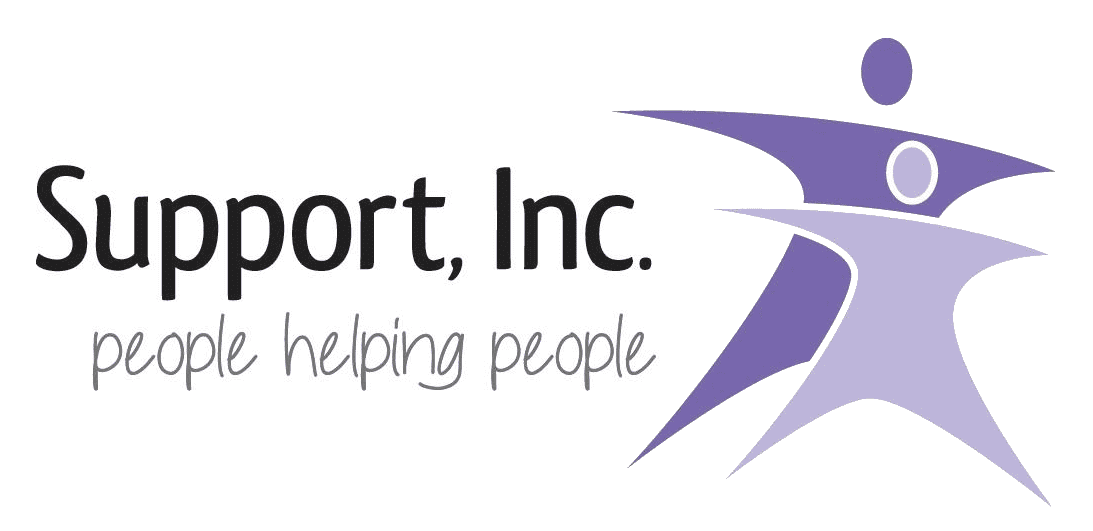June is National Safety Month, and this year the focus is on safety in the workplace.
Preventing injuries at work.
- Have good lifting posture.
- Before lifting
- Be aware of the object’s weight
- Make sure the work environment is flat, dry, and debris-free
- Check that the lift direction is straight
- Take care of any tripping risks or debris
- Look for any muddy or slippery areas
- Make multiple trips, don’t try to do it all at one time
- During lifting
- Never twist your torso while lifting
- Stay “nose between your toes”
- Never lift a heavy item above shoulder level
- Never carry a load that obstructs your vision
- Never hold your breath while lifting, moving, and setting the load down
- Keep the load close to your waist for as long as possible
- Adopt a stable position
- Don’t flex your back any further while lifting
- Avoid twisting your back or leaning sideways especially while your back is bent
- Keep your head up when handling
- Get a good handhold and do not twist while lifting
- Always follow standard precautions.
- Standard precautions apply to the care of all people and are applied when there is a risk of exposure to (1) blood; (2) bodily fluids/secretions/excretions; (3) non-intact skin, and (4) mucous membranes.
- Standard precautions include:
- Hand hygiene: wash hands frequently for at least 40-60 seconds.
- Use personal protective equipment (PPE) to serve as a barrier to protect skin, mucous membrane, airway, and clothing. This includes gloves, masks and gowns.
- Follow respiratory hygiene/ cough etiquette.
- Properly handle, clean and disinfect care equipment.
- Routinely clean and disinfect the environment.
- Follow safe injection practices.
- Prevent slips, trips, and falls. Falls can happen anywhere. Whether it’s working at heights or tripping on the same level, you always need to keep your eyes out for hazards.
- Keep walkways and staircases clear.
- Practice good cord management! Secure cords and when needed, tape down power cords and cables to prevent tripping.
- Clean up spills and messes promptly.
- Ensure there is proper lighting.
- Keep floors clean and dry.
- Be prepared for an emergency.
- The 1st week of June is national CPR & AED awareness week. Delivering first aid quickly and effectively can be lifesaving as every second counts when someone has lost consciousness. CPR/FA training must be renewed every 2 years, to find a class near you use this link.
- Have basic supplies: water, flashlight, first aid kit, extra batteries, radio, etc.
- Be prepared for natural disasters, listen to EAS, NOAA weather radio or local alerting systems for current emergency information and instructions.

